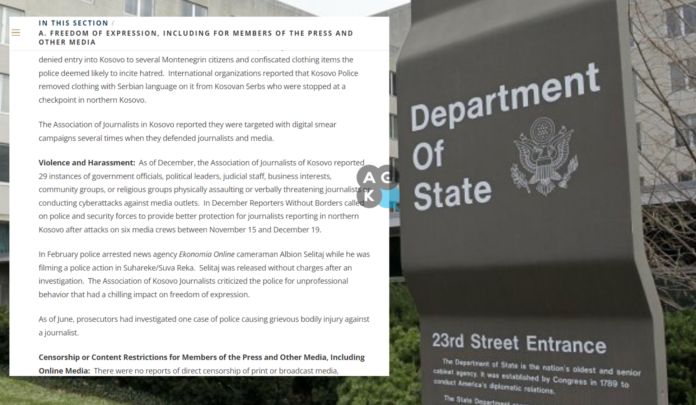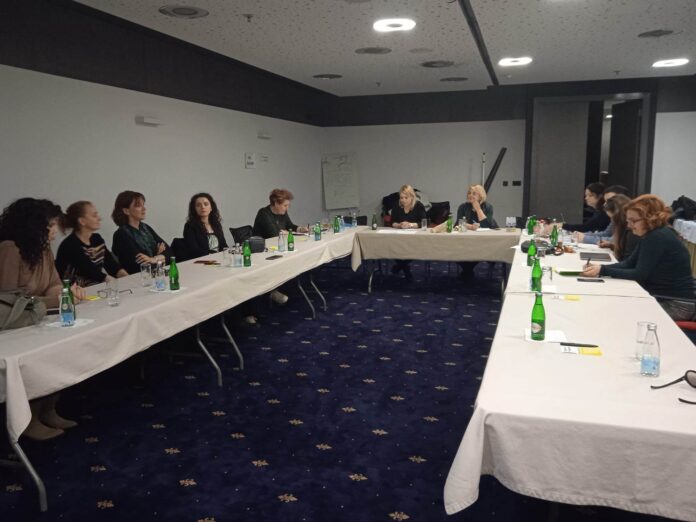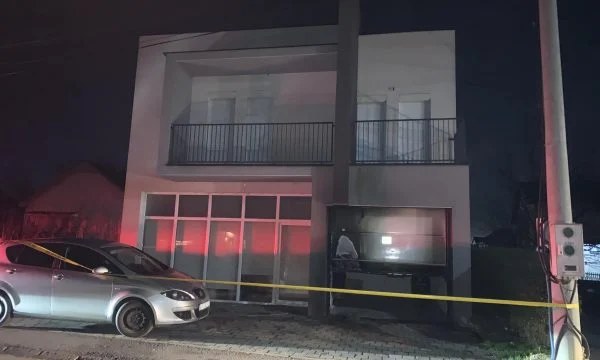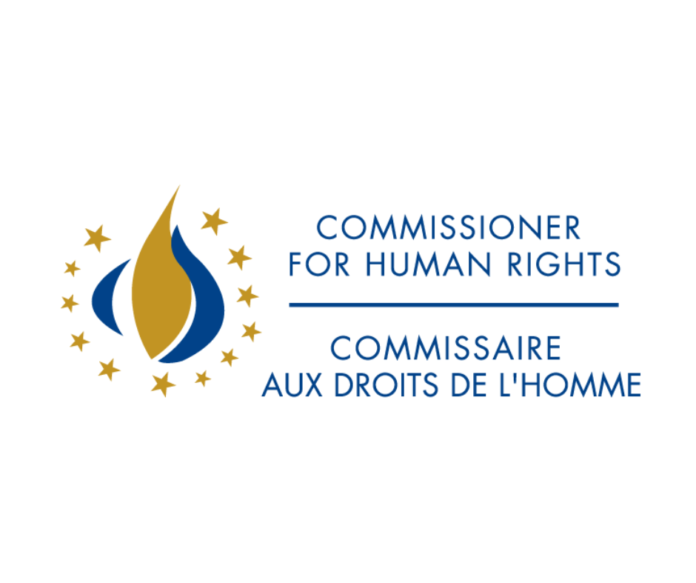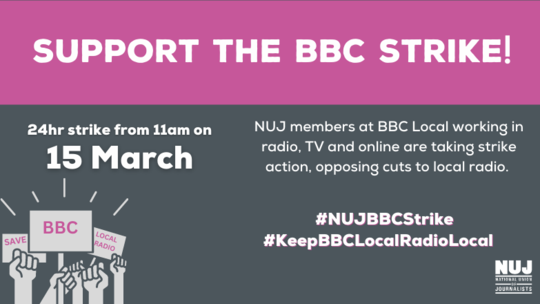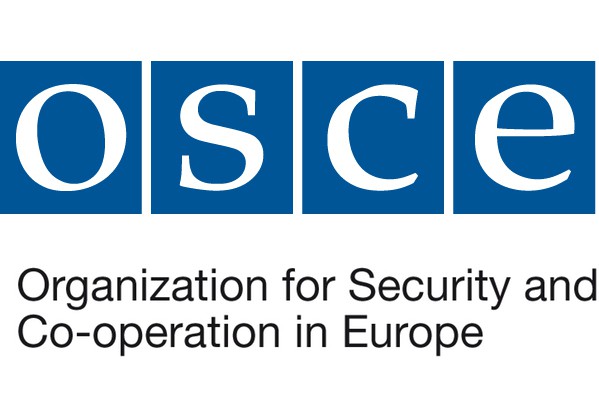The Bolzano Salto.bz web portal has received a claim for damages for 150,000 Euros from the South Tyrol publishing giant Athesia. According to defence attorney Nicola Canestrini, it is a clear case of SLAPP, a gag complaint
Defence attorney for activists and environmentalists, expert in criminal law and international cooperation, former observer abroad in trials against lawyers, passionate about fundamental rights, Nicola Canestrini has taken on the defence of the Bolzano portal Salto.bz, sued for 150,000 Euros by the South Tyrol publishing giant Athesia, which complains of a “media stalking” consisting of about sixty articles published from 2018 to 2022. For Canestrini, on the other hand, it is the umpteenth case of SLAPP characterised by power imbalance. The case is also monitored by the European consortium for press freedom MFRR.
At the press conference where you made the story public, there was talk of David and Goliath…
Obviously. On the one hand, a publishing group that owns, among other things, the two main South Tyrol newspapers, the Dolomiten in German and the Alto Adige in Italian, as well as the two major newspapers in the province of Trento, Adige and Nuovo Trentino; on the other hand, a bilingual online newspaper which makes 45,000 Euros, compared to 22 million for Athesia. In the request for mediation , preliminary to a legal action, that Salto received in early February, Athesia claimed to have been damaged by a plurality of articles; there is talk of media stalking, which is a bit funny when said by Athesia, as if it had not had the opportunity to provide its point of view. Athesia too has the right to respectability and honour like anyone else, but complaining about 58 articles in four years, or just over one a month, for such a powerful colossus… And above all the request for 150,000 Euros, which for Salto equate to three years of profit, leads to a question: does Athesia need money or is the message “be careful and let me decide the contents and methods of information”?
You are very sensitive to the issue of SLAPPs, in which these two elements, power imbalance and the threat of economic ruin, are the hallmarks of a legal malpractice that is widespread almost everywhere. But usually, as a criminal lawyer, you are involved in criminal defamation cases, whereas here we are in the civil sector. How come?
And this is even more frightening, here the chilling effect is intimidating precisely because of the costs that could be incurred. I was contacted by virtue of my experience in other cases of SLAPP, as a defender in the pesticide case, and of Mountain Wilderness, which had denounced the environmental damage caused by the quad bikes, both cases ended in favour of my clients. The case of Athesia and Salto is a civil one, because there is no lawsuit, which Athesia should have filed within three months of the publication of each single article. Instead, a request for mediation has been submitted and must be responded to. I also note that lately those who abuse the law show a clear preference for the civil trial, perhaps because in the civil trial they largely decide the times and methods; the trial lasts longer, the average duration in the civil case exceeds 7 years; there is no magistrate who can request immediate dismissal, and claims for damages can amount to millions of Euros, with court costs of a few hundreds.
Athesia’s request, which recalls a similar one made by ENI to newspaper Domani, seems like an invitation to silence addressed to investigative journalism. But if in the case of ENI the clash between a company and a newspaper is clearly identified, it is more difficult to place the attack of a publisher on another publisher in the South Tyrolean context, which from the outside is seen as conflictual, but fundamentally democratic and civil, almost the Sweden of Italy…
And yet, it is clear that there is an anomaly in South Tyrol and Trentino, as confirmed by the 2019 AgCom report, which reports this concentration of editorial ownership as concerning. Yet it is all legal, as the Gasparri law which prevents information monopolies applies only on a national basis. Locally there may be a monopoly, that’s the problem. In South Tyrol and Trentino the situation is not criminal in the legal sense, rather it is in relation to the rule of law. Here we have such a strong concentration of news media in the hands of a family group with political and economic interests: Michl Ebner, managing director of the group, was an MP and MEP, and has been president of the Chamber of commerce for 15 years, while his brother Toni is director of the German-language newspaper. Nothing prohibits a successful entrepreneur from having a share in companies that deal with providing information, nor is it wrong for publishing to be subsidised with millions of Euros by the state, but the problem obviously arises if those companies monopolise information and try to stifle pluralism through SLAPP lawsuits or other methods, for example by affecting the mechanisms of advertising revenue for other newspapers. In the province of Bolzano they say: if something is in the Dolomiten, it happened; if it’s not in the Dolomiten, it didn’t happen. We have seen it in the case of pesticides, the risk is that part of reality is omitted, according to interests. In a democracy, everything is balanced with the number of subjects present, with the pluralism of information; but in South Tyrol this is precisely the problem, the other subjects are not there, or they are too weak.
Beyond the current story, which has also been reported by national and cross-border newspapers in Austria and Germany, Athesia’s monopoly dates back to at least to 2016, with the purchase of the Italian-language newspaper Alto Adige. Do you remember local protests?
Economic well-being can be a powerful sleeping pill. Very powerful.
You have repeatedly found yourself defending freedom of expression, and in this case you will defend journalists, who are the favourite victims of SLAPPs. The FNSI calls them gag complaints, and the topic has been hot for some time…
But it must be remembered that SLAPPs do not only target journalists; there are also human rights defenders who suffer them, I’m talking about trade unionists, activists, environmentalists whom I have defended, like Karl Bar of the Umweltinstitut of Monaco, Luigi Casanova of Mountain Wilderness, and the activists of the rescue ship Iuventa. But the court is always the wrong place to deal with social issues, the environment, pesticides. It is civil society that must deal with it, in conferences, in universities.
In the cases that you defended, is there a common strategy for reacting to a SLAPP?
Certainly. I was inspired by the so-called Streisand effect. Named after Barbra Streisand, the actress had sued a photographer who had immortalised her villa for invasion of privacy, but the lawsuit attracted general attention and the news became public knowledge. This is the principle that has always guided me somewhat: we must not keep silent, but rather amplify the news. When they try to corner you on matters of public interest, there are instead parts of society that react, and this can lead, for example, to the signature collection launched in solidarity with Salto, which gathered hundreds of supporters in just a few hours. In the appeal, together with the signatures of Reinhold Messner, scholars, politicians, and journalists, I am pleased to see names of “attentive citizens”, “ski instructors”, “carpenters”, “pensioners”, who perhaps do not read the Saltobut consider its existence important. And that means that society is better than its representatives.
Another of the gags denounced by the union of journalists is the application of the European directive on the presumption of innocence, which prescribes tighter control over the information provided by prosecutors. The FNSI talks about a gag law.
I do not agree. The presumption of innocence is a pillar of the rule of law, the right to inform and be informed and the right of the individual not to suffer the effect of a pillory before guilt has been established by the competent authorities are intertwined. There have been excesses with Tangentopoli, with the press conferences of law enforcement, with the media trials, with Bruno Vespa’s model of the house in Cogne, and the media massacre that conditions public opinion, judges; people filmed while being interrogated in the prosecutor’s office, and then the video broadcast on the news. And then all the imaginative names given to the investigations, which obviously influence public opinion and magistrates; now, for example, I follow the “angels and demons” trial, and we have appealed to the Strasbourg court because we believe that there is no guarantee of a fair trial, everyone already seems to know that the defendants are guilty.
As always, the law intervened in implementation of an EU directive probably because there was a lack of self-control by the category of journalists. It is true that the squeeze on news involves a gag risk, but if journalism had always acted with an ethical attitude, the problem would not have arisen. Yet the code of ethics of journalists itself mentions caution in definitions, in the use of the term guilty, in the publication of photos of people arrested. And instead the news is spread during the investigation, then maybe the trial passes almost in silence, and in the event of an acquittal there is only a short article.
This is why I am very critical of the press which should be a watchdog but risks being a retriever of the news they receive already packaged by prosecutors; and I am also very critical of those among the investigators who take on the role of communicator. A role that those who do the investigation should not have. Also because it is true that some news is of public interest, but often initials are used when dealing with white, rich, and powerful men, while everyone else risks being thrown to the wolves of public opinion.
Balancing rights is a very difficult exercise even in the most experienced democracies. So in your opinion, there is no defence of journalists at all costs?
Exactly. More than a media lawyer, I’m a rights lawyer, and reality is always complicated. There is never black and white. I am wary of simplifications. The right to be informed and the right/duty to inform is one of the pillars of the rule of law, there is no question, but there is also the right of the individual not to be thrown on the front page as a monster before the trial; the presumption of innocence has not been taken seriously in the past, and there have been abuses.
As the president emeritus of the Court of Cassation Canzio said at a conference, if the prosecution instead of carrying out investigations begins a dialogue with public opinion through the media we have a problem, because the task of the prosecutors is not to draw up press releases or hold press conferences, they have no marketing functions. Then there is another perversion of the Italian system, namely the dependence of journalists on investigators, who become their sources of information: if journalists are too critical or write something they don’t like, they risk being cut off the next time around. However, it must be added that the problem arises because there are those who pass on information illegally, and obviously the risk of gagging free information overlaps. We cannot avoid damage to the rule of law unless there is a frank dialogue between all the actors.
Returning to the Athesia-Salto case, also followed by the international MFRR consortium, it aroused reactions from the union, the Order of Journalists, and other associations: didn’t Ebner think about this boomerang effect?
Perhaps because Goliath would never have thought of being knocked down by a boy with a slingshot: I’m big, I have armor, I have an army behind me, and you must be afraid of me, this seems to be their way of thinking. Yet, thanks to some favourable circumstances, the story seems to be in our favour. I’m sure that Salto will win its judicial battle, but even if it doesn’t, I know that it has already won in society. The South Tyrol problem and the freedom of the press under attack has become an important topic, and on the very day of the press conference, the newspaper Domani published your piece on SLAPPs. We couldn’t help but respond strongly to Athesia’s attack, because it was an attack on society as a whole. And for Athesia it was a sensational own goal, there’s no doubt about it.


